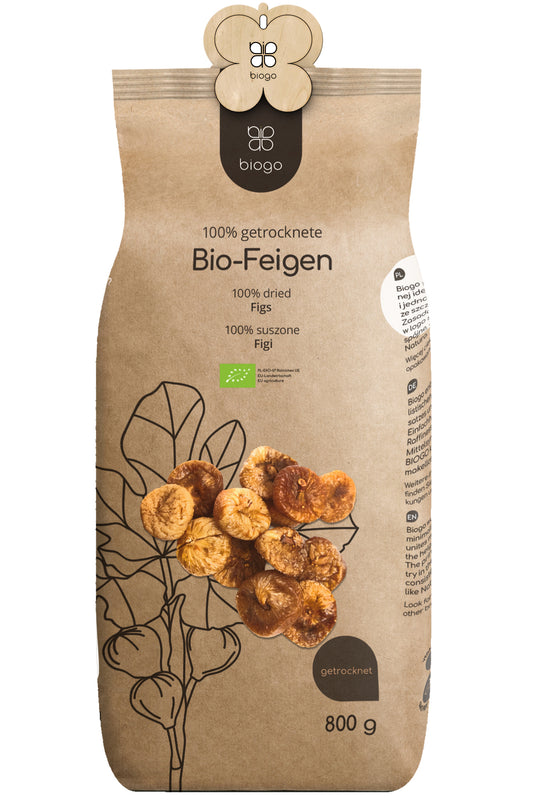- Allergy and food intolerance
- Why is it worth taking a food intolerance test?
- How do food intolerance tests work?
If you've ever eaten any kind of food, be it an orange or a handful of peanuts, and suddenly had a sore throat, a strange rash, or stomachache, you know how it works: an allergic reaction. The point is, food allergies and food intolerances are two different things.
Statistics indicate that the number of people with various types of food intolerances is increasing, and that this problem likely affects more people than previously thought. Meanwhile , identifying and eliminating foods or food groups that cause an adverse reaction can be an effective way to reduce or even eliminate unpleasant symptoms: Food intolerance tests help us identify them.
Allergy and food intolerance
Until recently, there was no distinction between food allergy and food intolerance, and these terms were used interchangeably. Today, we know that an allergy is the result of the body's defensive reaction, which recognizes certain foods as harmful and attempts to "fight them." The reaction to intolerant foods can be similar, but proceeds in a different mode and activates the defense reflex in a slightly different way. Food intolerances are more difficult to detect because the reaction can take some time after eating, unlike allergies, which usually occur immediately. The reaction to tolerable foods can vary depending on the form and quantity consumed, with an allergic reaction often being triggered by even traces of the allergen (which is why warnings are given on products!).
Why is it worth taking a food intolerance test?
A food intolerance probably won't kill anyone, but if it goes undetected, it can seriously make life miserable. Abdominal pain, diarrhea, constipation, bloating, headaches, and sometimes even acne – these are just some of the symptoms that can accompany this unpleasant condition. Detecting intolerances can contribute to a significant improvement in our everyday well-being.
How do food intolerance tests work?
Food intolerance tests, which you can perform yourself at home, are a quick and reliable way to determine which food ingredients cause an undesirable reaction in your body. The Food Detective test offered in our organic store allows you to determine the excessive amount of antibodies produced in the blood against certain food proteins: IgE for immediate allergy and IgG for intolerance (delayed allergy). This test checks for hypersensitivity to dozens of popular foods from various food groups, from grains to vegetables to meat. You can easily perform it yourself, providing quick and reliable answers to questions about the possible causes of your symptoms. Finally, you'll no longer associate food with pain!
THE PUBLISHER'S CHOICE
Dried dates 1 kg BIOGO
- £4.00
£5.00- £4.00
- Unit price
- / per
Almonds 1 kg BIOGO
- £11.00
£13.00- £11.00
- Unit price
- / per
Peeled sunflower seeds 1 kg BIOGO
- £3.00
£4.00- £3.00
- Unit price
- / per
Dried organic mango 400 g BIOGO
- £10.00
- £10.00
- Unit price
- / per
Dried White Mulberries 500 g ORGANIC
- £6.00
£7.00- £6.00
- Unit price
- / per
Popcorn (corn kernels) organic 1 kg BIOGO
- £6.00
- £6.00
- Unit price
- / per
Organic Ground Turmeric 500 g BIOGO
- £6.00
- £6.00
- Unit price
- / per
Milk thistle seeds 1 kg BIOGO
- £4.00
- £4.00
- Unit price
- / per
Dried organic figs 800 g BIOGO
- £27.00
- £27.00
- Unit price
- / per
Bag #changezbiogo Cotton v.2
- £3.00
- £3.00
- Unit price
- / per






































































































































